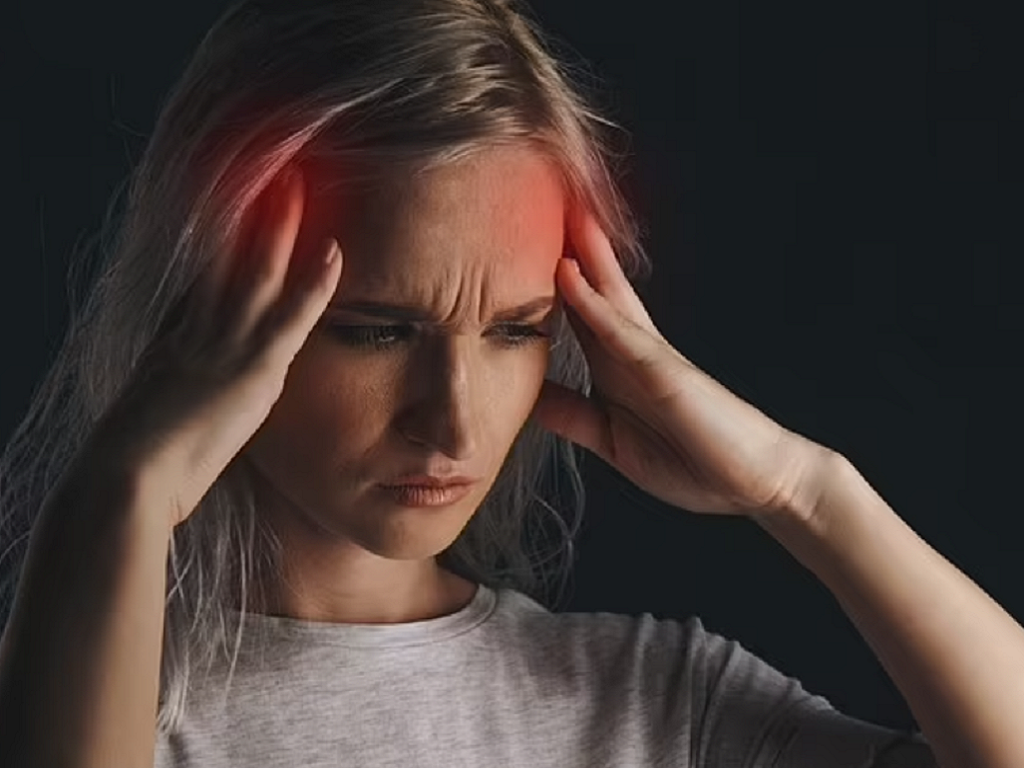Start your day with health news ; you can also check out these other articles: Discoveries show that sleeping time each night can reduce the risk of stroke by 72% in people over 50; Warning signs of headaches that could be brain tumors ...
3 great tips to make your morning coffee even more perfect.
Many people can't live without their morning coffee. However, some people experience stomach upset when they drink coffee too early. If you're one of them, here's a helpful tip.
Maddie Pasquariello, a nutritionist based in Brooklyn, USA, shares tips on how to make your morning coffee more palatable to your stomach.

Many people can't live without their morning cup of coffee.
Coffee affects each person's body differently. Some people can drink coffee repeatedly without any problems, while others may experience stomach discomfort even from a small amount.
Expert Pasquariello explains: Drinking coffee causes the stomach to produce acid. Drinking it on an empty stomach can also increase bowel motility or cause heartburn. It can also increase heart rate and blood pressure, causing feelings of restlessness or anxiety.
Drinking coffee early in the morning can also suppress appetite, causing you to skip breakfast. This can lead to you missing out on your overall macronutrient intake for the day.
However, if you experience stomach discomfort after drinking your morning coffee, try these three tips. Readers can find more information on this topic in the health section of this article dated February 25th .
A headache could be a warning sign of a brain tumor.
We've all experienced headaches at some point. The causes of headaches are varied, often ranging from excessive alcohol consumption, work stress, dehydration to side effects of medication. In some cases, headaches can even be a warning sign of a brain tumor.
A brain tumor is defined as an abnormal growth of cells in the brain. This condition alters the function of surrounding tissues and can even lead to neurological symptoms such as seizures, decreased vision, or teething due to the tumor compressing nerves.

Headaches caused by brain tumors are persistent and do not improve with common pain relievers.
Headaches caused by brain tumors are long-lasting and can range from mild to severe, especially when they first appear. Over time, the pain will become increasingly intense, painkillers will be ineffective, and other brain tumor symptoms may appear.
In some cases, headaches caused by alcohol and stress can also present with these symptoms. However, one distinguishing feature is that headaches caused by brain tumors will worsen when lying down or upon waking up in the morning.
Furthermore, headaches caused by brain tumors are almost constant. Even if there is temporary relief, they will soon recur with greater intensity. The pain worsens when you cough, shout, move, exert yourself, or bend down.
The pain can be so severe that it startles you at night. These are all signs that require a doctor's visit. The location of the pain can indicate the location of the tumor. For example, if the tumor is in the frontal lobe of the brain, it may cause symptoms such as eye pain or sinus pain. Further details of this article will be available on the health page on February 25th.
Discoveries suggest that the amount of sleep a 50-year-old gets each night can reduce their risk of stroke by 72%.
According to a new study published in the American Heart Association's journal, Circulation, middle-aged people who sleep more than six hours a night significantly reduce their risk of cardiovascular disease.
Accordingly, people aged 42 to 52, especially women, who sleep more than 6 hours per night have a 72% lower risk of heart attack and stroke compared to those who sleep less than 5 hours.

Middle-aged people, especially women, who sleep more than 6 hours each night will significantly reduce their risk of cardiovascular disease.
Researchers at the University of Pittsburgh (USA) tracked nearly 3,000 people, mostly women, aged 42 to 52, for 22 years, recording their sleep habits and cardiovascular health.
Among the participants, 55% slept approximately 6.5 hours each night, and 14% regularly slept less than 5 hours.
Studies show that, on average, people who sleep more than 6 hours per night have a 72% lower risk of stroke, heart attack, heart failure, and coronary artery disease compared to those who sleep less than 5 hours.
In particular, for those who experience insomnia more than three times a week and sleep an average of less than five hours per night, the harm is even more severe. In these individuals, the risk of heart disease is up to 75% higher . Start your day with health news to read more in this article!
Source link




![[Photo] General Secretary To Lam presides over a meeting with the Editorial Teams to summarize 100 years of the Party's leadership of the Vietnamese revolution and 40 years of implementing the National Construction Program.](https://vphoto.vietnam.vn/thumb/1200x675/vietnam/resource/IMAGE/2026/03/04/1772601288977_a1-bnd-8134-7576-jpg.webp)






































































































Comment (0)